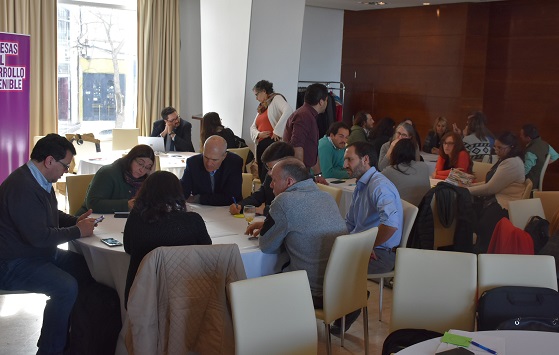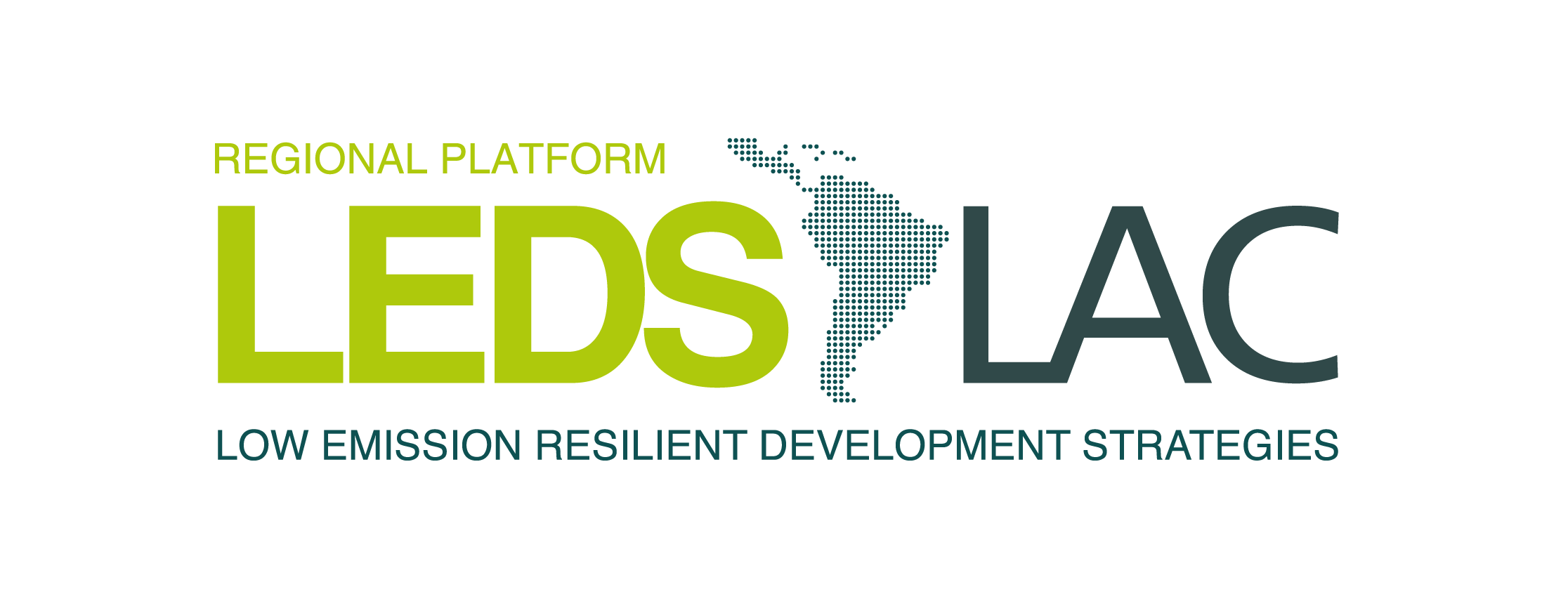Climate change and the role of the private sector
The Ministry of Housing, Land Management and Environment (Mvotma), the National Development Agency (ANDE) and the Uruguayan Agency for International Cooperation (AUCI), organized the dialogue "The climate agenda and the role of the private sector", with the support of the program EUROCLIMA+ (funded by the European Union), within the framework of the Community of Practice on Private Sector Engagement in Climate Policy Processes, facilitated by GIZthe LEDS LAC e platform INCAE.
The activity sought to promote and generate conditions for greater involvement of the private sector in the implementation of the climate agenda, presenting some private initiatives that have incorporated the opportunities and challenges that climate change represents for the sector.
The event was held as part of the celebration of 10 years of the National System for Climate Change and Variability Response (SNRCC).
Ignacio Lorenzo, Director of Climate Change at Mvotma, presented the national strategies and international commitments undertaken and emphasized that it is "highly important to strengthen the role of the private sector, encouraging the development of investment plans and project portfolios to implement mitigation and adaptation measures, providing inputs that generate the enabling conditions for sectoral transformations, and at the same time, support the development of innovative solutions in the market to meet ambitious goals and raise awareness and disseminate climate action among its stakeholders".
ANDE Director Claudia Bonècarrere highlighted "the importance of the climate agenda in the country's development, and the role that the National Development Agency must play in generating incentives and facilitating action".
Felipe Ortiz de Taranco, Deputy Director of AUCI, referred to Uruguay's commitment to the 2030 Agenda for Sustainable Development, highlighting "the fundamental role of the private sector in achieving the goals and objectives set, so it is extremely important to generate partnerships and tools that enable joint work, something that is embodied in the country's Cooperation Policy".
Next, as part of the first panel, experiences of incentives and public policy instruments for the participation of the private sector in the climate agenda were presented. Participants in this section included Sebastián Carvallo from Chile's Sustainability and Climate Change Agency, Mariana Matos from Chile's Packaging Center, Wilson Sierra from the National Energy Directorate of the Ministry of Industry, Energy and Mining (MIEM) and Guillermo Mateos from the Association of Private Electricity Generators (Asociación de Generadores Privados de Energía Eléctrica).
In the second panel of the day, private sector initiatives that incorporate the opportunities and challenges of climate change were presented, with the participation of Ferdinando Cuturi, Executive Director of DERES, Virginia Vilariño, Climate and Energy Coordinator of the Argentine Business Council for Sustainable Development (CEADS), Vanesa Vázquez, from QUILMES brewery and malt plant in Argentina, María Belén López from UNILEVER in Argentina, Betina Azugna from SANCOR Seguros in Argentina, Federico Gutierrez from CEMENTOS ARTIGAS in Uruguay and Ana Laura Antúnez from the PANDA initiative.UY/ZHU initiative of Uruguay.
As a final activity, the event participants provided inputs for the design of a roadmap, based on identifying opportunities, barriers and needs to accelerate the incorporation of climate change challenges into business models. The main themes of this roadmap were the promotion of incentives and sustainable public procurement, the inclusion of the climate agenda in educational programs, and the assimilation of climate change concepts into the reality of companies.
Source: Ministry of Housing, Land Management and Environment (Mvotma)
